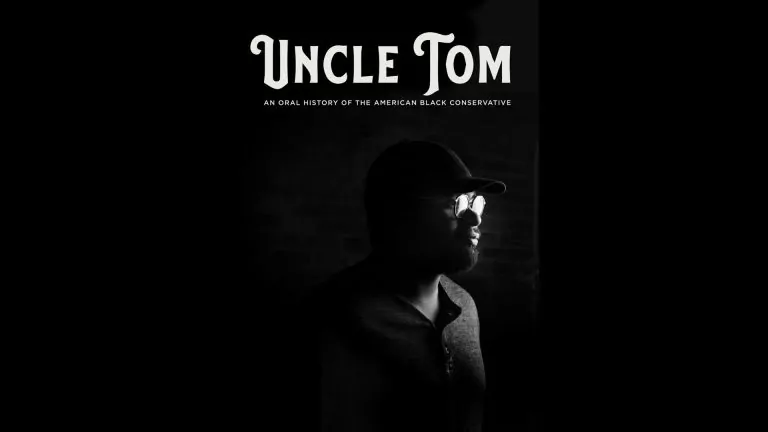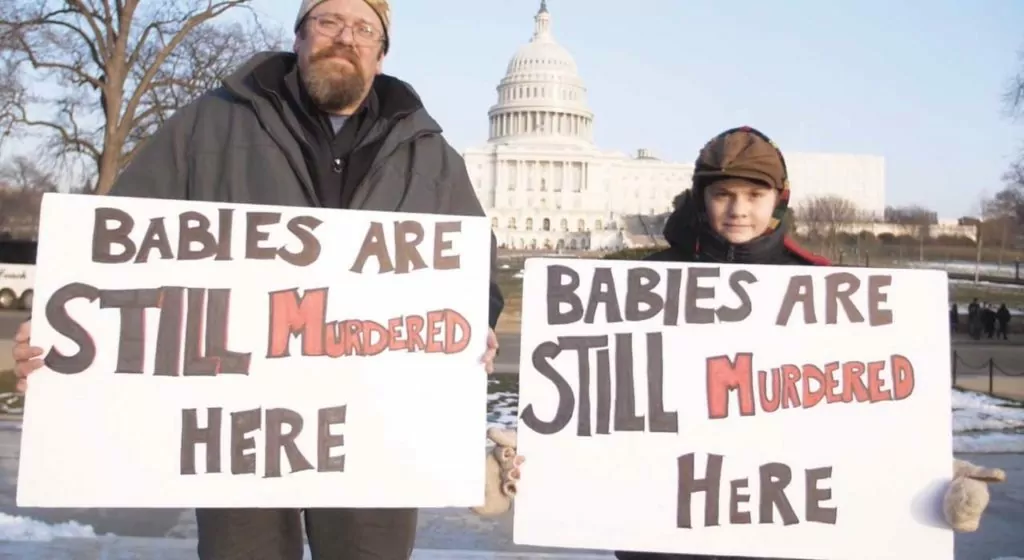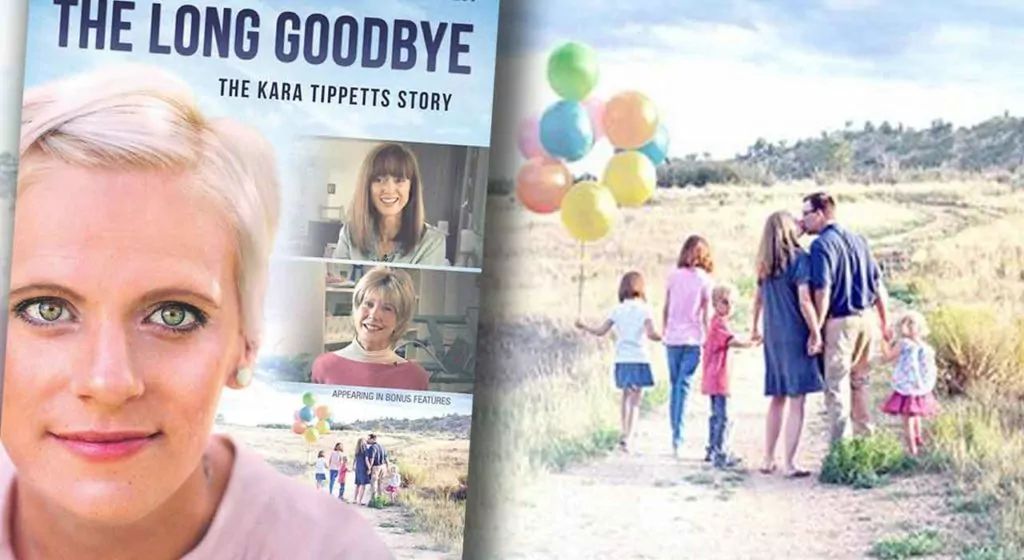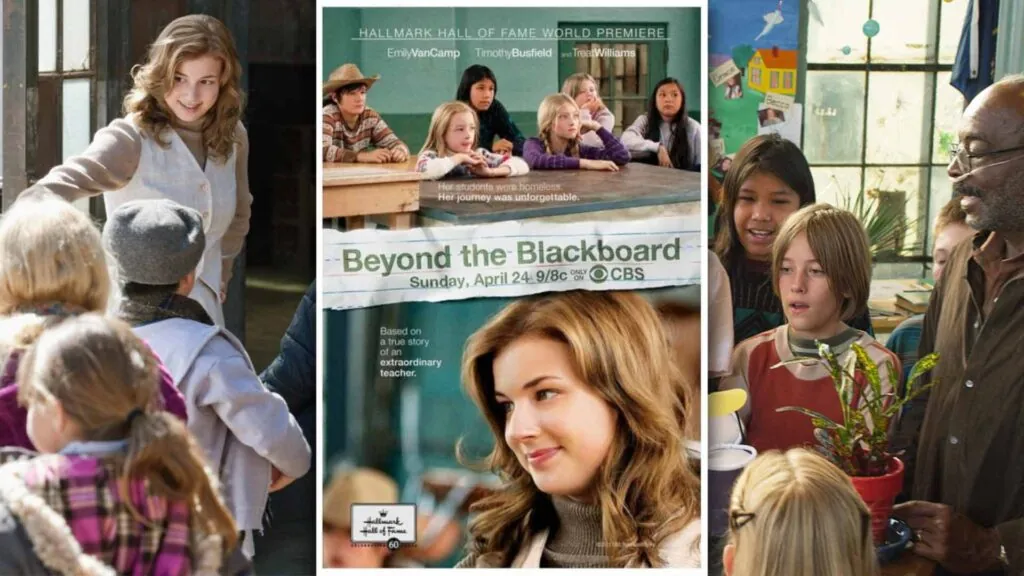Documentary
2020 / 106 minutes
Rating: 8/10
“Uncle Tom” is an insult thrown at blacks by other blacks for supposedly being too eager to get approval from whites. It’s leveled at Larry Elder, Thomas Sowell, Walter Williams, Candace Owens, Allen West, and the many other black conservatives who aren’t willing to unquestioningly back the Democratic Party and the policies that it pushes.
This conservative group is a small minority – in the US, blacks are a cohesively liberal voting block, with 9 out of 10 casting their ballot for the Democratic presidential candidate in the last election. But, as this documentary shows, the conservative minority is willing to wear insults as a badge of honor. They aren’t going to stay silent about the damage that’s been done to their black communities by government welfare policies and by a victimhood narrative that tells blacks they can’t succeed because the system is stacked against them.
Uncle Tom is conservative commentator Larry Elder’s project, and offers his perspective which is, ultimately, a very hopeful one. Yes, he details the bigotry that has existed and continues to exist but he also notes that real progress has been made, and that “this is not your grandfather’s America.” President Obama is shown echoing that point, speaking of Martin Luther King Jr. and his generation as being “the Moses generation” that “took us 90% of the way” and the task for today’s “Joshua generation” being to work on that last 10%.
Elder contrasts that hopeful message with the scaremongering Democrats (including Obama) are running with now, where Republicans are caricatured as so racist that electing them will threaten black voting rights. The argument Elder makes is that it isn’t a racist system, or racist boogie men that are blacks’ biggest enemy, but the victimhood narrative. And he counters that narrative by showing and celebrating the successes of a broad assortment of black entrepreneurs and leaders.
Cautions
Some of the exchanges we see are not polite ones, so there are language concerns, including the uses of the n-word (from blacks directed at other blacks), and quite a number of f-bombs, as well as some other words that we might not want our young children to know.
Another caution concerns how this film might seem unfairly biased. Many of us have grown up in the church, read God’s Word daily and heard it expounded each Sunday, and that has equipped us with fairly reliable sniff detectors – even when we aren’t able to put it exactly into words why we don’t trust what’s being presented, we can still sniff out lies. But in this case, I suspect some folks’ sniff detectors might register a false alarm. The alarm will go off because there is a clear Republican conservative bias here, but just as offering a Reformed perspective is a bias too and doesn’t preclude a fair treatment of opposing views, I’d argue the bias in Uncle Tom doesn’t get in the way of a generally fair presentation. The Democrats are given plenty of screen time, and while their clips usually don’t show them in a good light, these are the real positions Democrats hold and there is nothing deceptive about sharing what they actually believe. So yes, there might be too generous an appraisal of Donald Trump, and other points that we shouldn’t be swallowing whole, but the overall argument against the victimhood culture is a solid one.
Conclusion
While there are Christians in the film, and some Christian perspective is offered, we never really get a concise summary of why the victimhood narrative is sinful (though lots of clues are offered). Parents watching this with their older teens might want to discuss:
- Is the victimhood narrative about raising victims up, or about assigning blame and guilt? Can any forgiveness be found in a victimhood culture?
- The victimhood narrative is sometimes used to justify shameful behavior – the current rioting is supposed to be understandable because of systemic racism. But do two wrongs make a right?
- How is blame being assigned? Is it based on actual sins committed, or is it on the basis of skin color? What does the Bible say about that?
- Are the charges leveled about specific instances of wrong or are they often generalized accusations of systemic racism? Can we address unspecified wrongs? How about specific wrongs?
- How does the hope offered in this film – that if you work hard you can get ahead – deliver, and how does it fall short?
Uncle Tom offers a conservative perspective that, even as it doesn’t always line up with the Christian perspective, still offers genuine insight into much of what’s going wrong in race relations. I’d recommend this for ages 13 or up, based primarily on language concerns. But it is a film that demands discussion afterwards – it has to be unpacked and cross-examined to be of any use.
You can watch the trailer below, and rent the film for $8 US here. And if you enjoyed it, you can get a closer look at two of these black leaders in their own documentaries: Walter Williams: Suffer No Fools and Thomas Sowell: Common Sense in a Senseless World.












